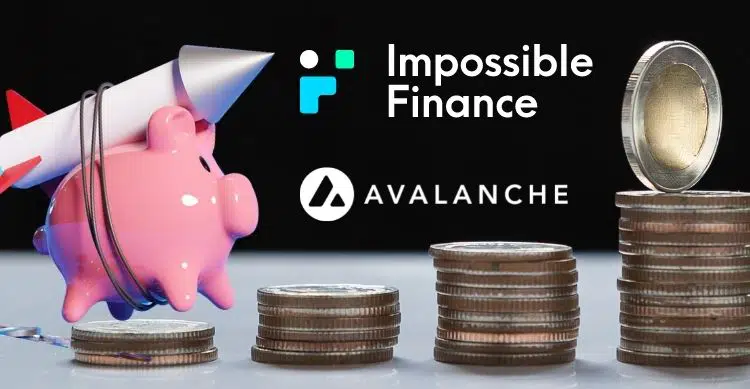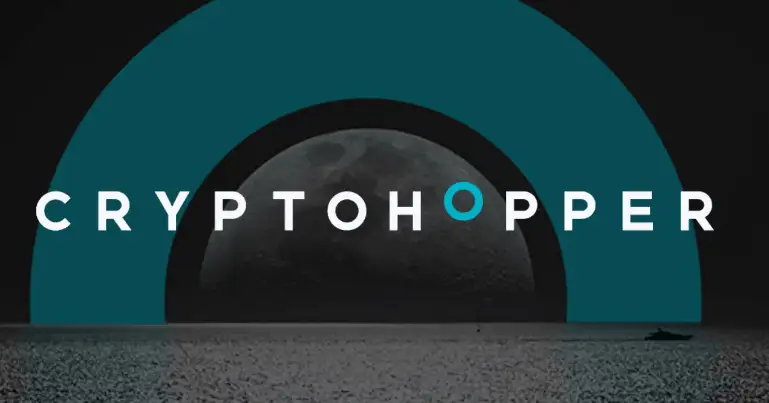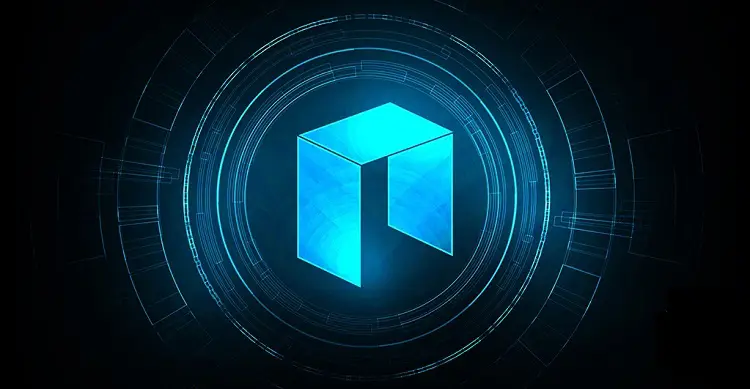A major announcement has been made by SUSMED today. It has received confirmation from the Ministers of Health, Labor, and Welfare as well as from the ministries of Economy, Trade, and Industry of Japan on using blockchain technology to validate clinical trials of pharmaceutical or medical equipment. This will replace the traditional methods of clinical trials prevalent till now.
This green signal is an acknowledgment of the remarkable and trail-blazing use of blockchain technology by SUSMED in its research collaboration with the National Cancer Research Center of Japan. SUSMED will now offer its blockchain technology expertise to university hospitals, pharmaceutical manufacturers, and research institutions that can look forward to maximizing the efficiencies of their clinical trials.
SUSMED will be a game-changer in clinical trials henceforth with their cutting-edge blockchain technology, given the adverse conditions prevailing at present. In 1998 the Good Clinical Practice (GCP) ordinance was passed, but from then on, the costs of outsourcing to contract research organizations (CROs) and site management organizations (SMOs) have risen sharply. The monitoring and inspection processes to check the quality and dependability of clinical trials have been a huge burden for sponsors.
The Clinical Research Act passed in 2018 was aimed at curbing falsification of data during clinical trials, but that did not help matters either. It required close and scrupulous monitoring even in specified clinical research, and this put a heavy load on the research facilities. To compound the problem, with the Covid-19 pandemic raging on, clinical research associates (CRAs) have stopped visiting medical facilities and cannot confirm clinical data at the site.
The development of the clinical trial system by SUSMED, which uses blockchain technology to prevent data falsification, is a huge step in the right direction. The system is cost-effective, ensures a high level of accuracy, and, most importantly, makes for robust security standards when compared to conventional channels. Authorization for trials was received by SUSMED in April 2019 when it began monitoring the trials carried out by the National Cancer Research Center of Japan using Blockchain technology. The trial showed that data reliability and accuracy could be had even without CRAs visiting the medical setup for physical verification.
Subsequently, SUSMED applied for authorization to replace source data verification (SDV) by direct inspectors with blockchain technology to increase monitoring efficiency while not violating the conditions of the GCP Ordinance.
The word received today from the various ministries is a confirmation of this application.









